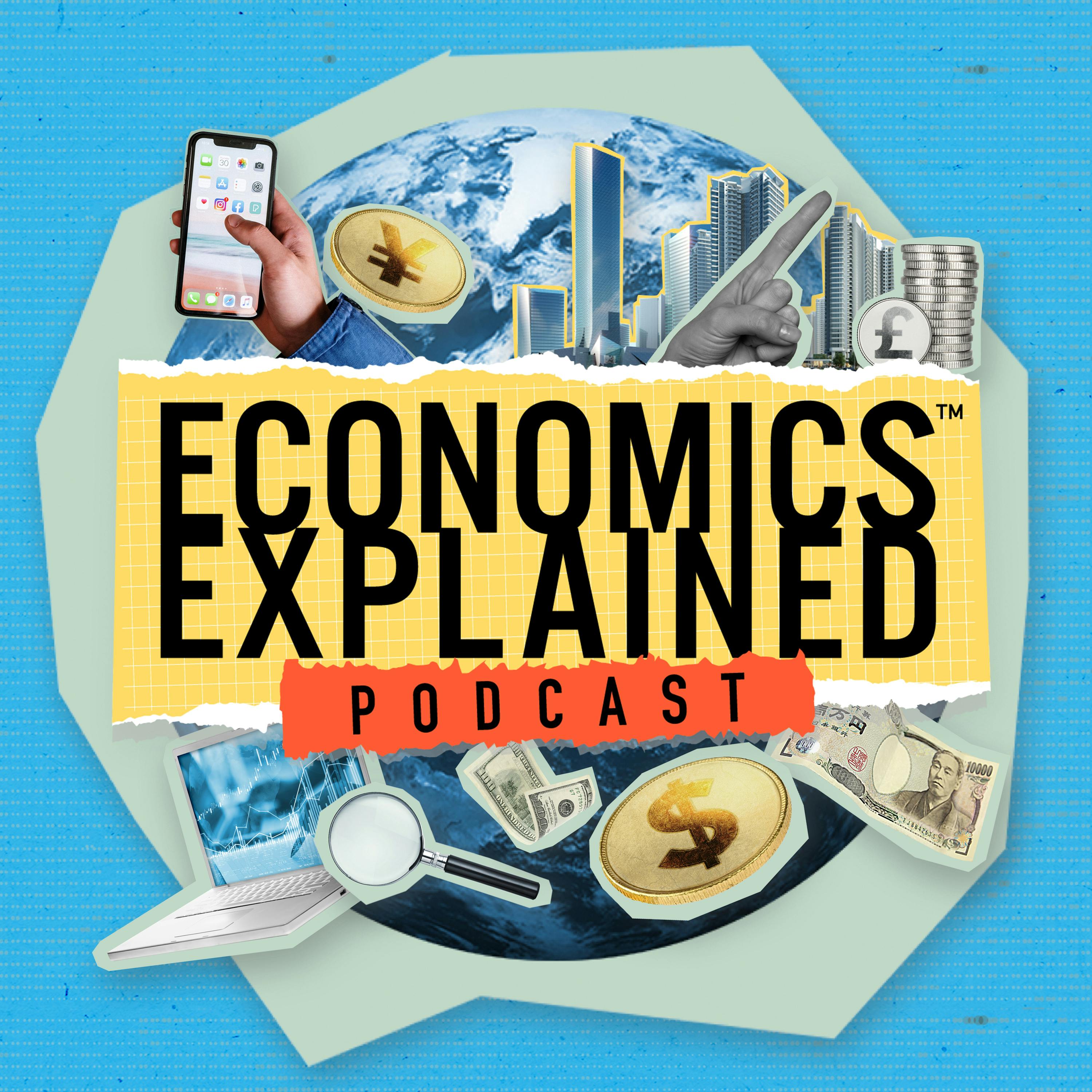We can't find the internet
Attempting to reconnect
Something went wrong!
Hang in there while we get back on track

Access AI content by logging in
So apparently we are due for a fourth industrial revolution, which might come as a surprise to you because as far as most people can tell we have only had one industrial revolution, and some nations haven’t even got around to that one yet.
All the same, this promise of a radical shift in the way we live our lives has got a lot of economists very excited and maybe a little bit anxious, both for very good reasons.
The first industrial revolution, you know the one that we all think is the only industrial revolution was responsible for giving us production.
This production went on to define our way of life in the modern world where people in advanced economies have access to practically unlimited food, robust housing, and bits and bobs to fulfill our every little desire.
The world before this was very stagnant. The idea that we have economic growth at all, where society is always advancing and every generation is richer than the one that came before it is a surprisingly modern ideology.
What’s more, is that it’s not something that we are guaranteed. We can only get so good at making stuff given our current set of technologies and resources, and in fact, we might already be starting to see this plateau.
Arguably the rollout of smartphones that gave us unlimited access to information wherever we were, was the last great paradigm shift in how we lived our lives.
13 years later this technology is improving but it doesn’t offer anything fundamentally different to the way that we live our lives, run our economies or advance our standard of living.
But maybe we are getting ahead of ourselves.
To really know what to expect from this supposedly incipient fourth revolution we must first understand a few key things.
How do economists define an industrial revolution? What is a revolution and what is just some cool new technology?
What were those other two industrial revolutions?
What is going to be the fourth industrial revolution?
And will this make our modern economies look like the land before steam engines?
